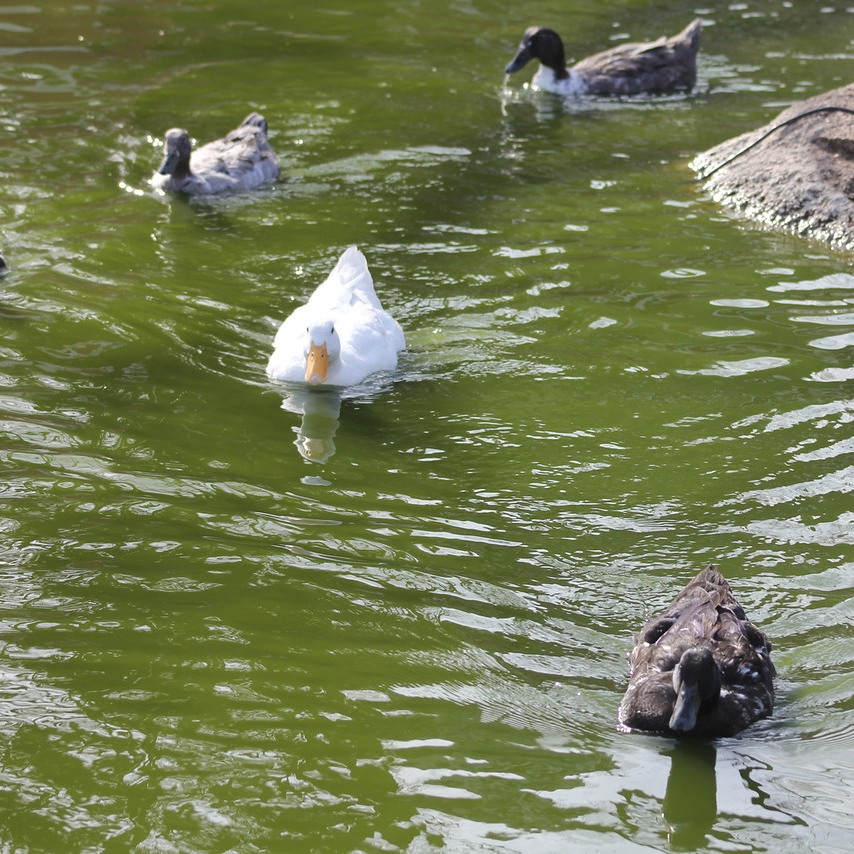- Impact of Highly Pathogenic Avian Influenza (HPAI) on zoo bird populations
- Measures taken by Cosley Zoo to protect birds and visitors
- Role of wild birds in transmitting avian influenza
- The scientific basis for avian influenza testing and control
- Conservation efforts in zoos to safeguard wildlife health
Highly Pathogenic Avian Influenza (HPAI) has significantly affected bird populations across various ecosystems. At Cosley Zoo, the sudden loss of three ducks due to HPAI highlights the vulnerability of avian species to this devastating virus. HPAI, caused by avian influenza viruses, is known for its severe impact on wild and domesticated bird populations. It primarily affects respiratory and digestive systems, leading to high mortality rates. The virus poses a substantial threat to avian conservation efforts worldwide, especially within wildlife sanctuaries where multiple species coexist in close contact.
In response to these threats, Cosley Zoo has implemented several measures to protect its bird inhabitants. The majority of bird species have been relocated indoors. This proactive approach minimizes exposure to potential viral carriers, such as infected wild birds. The movement of birds indoors is not only a protective measure against HPAI but also represents the broader efforts by zoo management to ensure the health and safety of animal populations. Strategic placement within indoor enclosures, combined with rigorous health checks and biosecurity protocols, ensures that birds receive optimal care while mitigating infection risks.
The role of wild birds in transmitting HPAI cannot be overstated. Migratory patterns often lead to contact between wild birds and zoo or domestic birds, facilitating the spread of the virus across regions. Wild waterfowl, in particular, are known carriers and can be asymptomatic, making detection and control challenging. This interplay between wildlife and domesticated animal populations underscores the importance of wildlife monitoring and transmission control in effectively managing such outbreaks.
Scientific testing by the United States Department of Agriculture (USDA) is instrumental in promptly identifying HPAI cases. Diagnostic methods primarily involve detecting viral RNA in samples from birds suspected to be infected. Early detection through these advanced techniques is crucial for implementing timely interventions, halting the spread of the virus, and minimizing its impact. Testing protocols typically include serological and molecular methods, like RT-PCR, which provide rapid and reliable results, enabling zoos to make informed management decisions.
Conservation and wildlife health initiatives in zoos play a pivotal role in preserving biodiversity and ensuring animal welfare. Zoos are increasingly seen as custodians of endangered and vulnerable species, with a significant responsibility to provide exemplary care and safeguard their health against emerging diseases like HPAI. Programs aimed at educating the public about wildlife health issues and conservation often accompany these efforts, raising awareness of the intricate balance within ecosystems and the critical role humans play in maintaining it. Through these initiatives, zoos contribute significantly to broader conservation efforts, fostering a deeper understanding and appreciation of wildlife among the public.
Cosley Zoo continues to offer a safe environment for visitors while adapting its practices to protect its animal residents. These actions reinforce the zoo’s commitment to animal welfare and public safety, ensuring that the premises remain a secure and engaging place for all its inhabitants. As visitors walk through the zoo, they witness firsthand the careful attention given to conserving species and preventing disease spread, highlighting the seamless integration of scientific diligence and conservation expertise.
*****
Source Description
We are extremely saddened to announce the loss of three ducks at Cosley Zoo. Testing by the United States Department of Agriculture confirmed that all three succumbed to Highly Pathogenic Avian Influenza (HPAI) transmitted by infected wild birds. The majority of the bird species have been moved inside for their protection. Cosley Zoo remains a safe place for people to visit. To read a full update on HPAI by the Illinois Department of Public Health, visit: https://bit.ly/4h2Tq7d.


